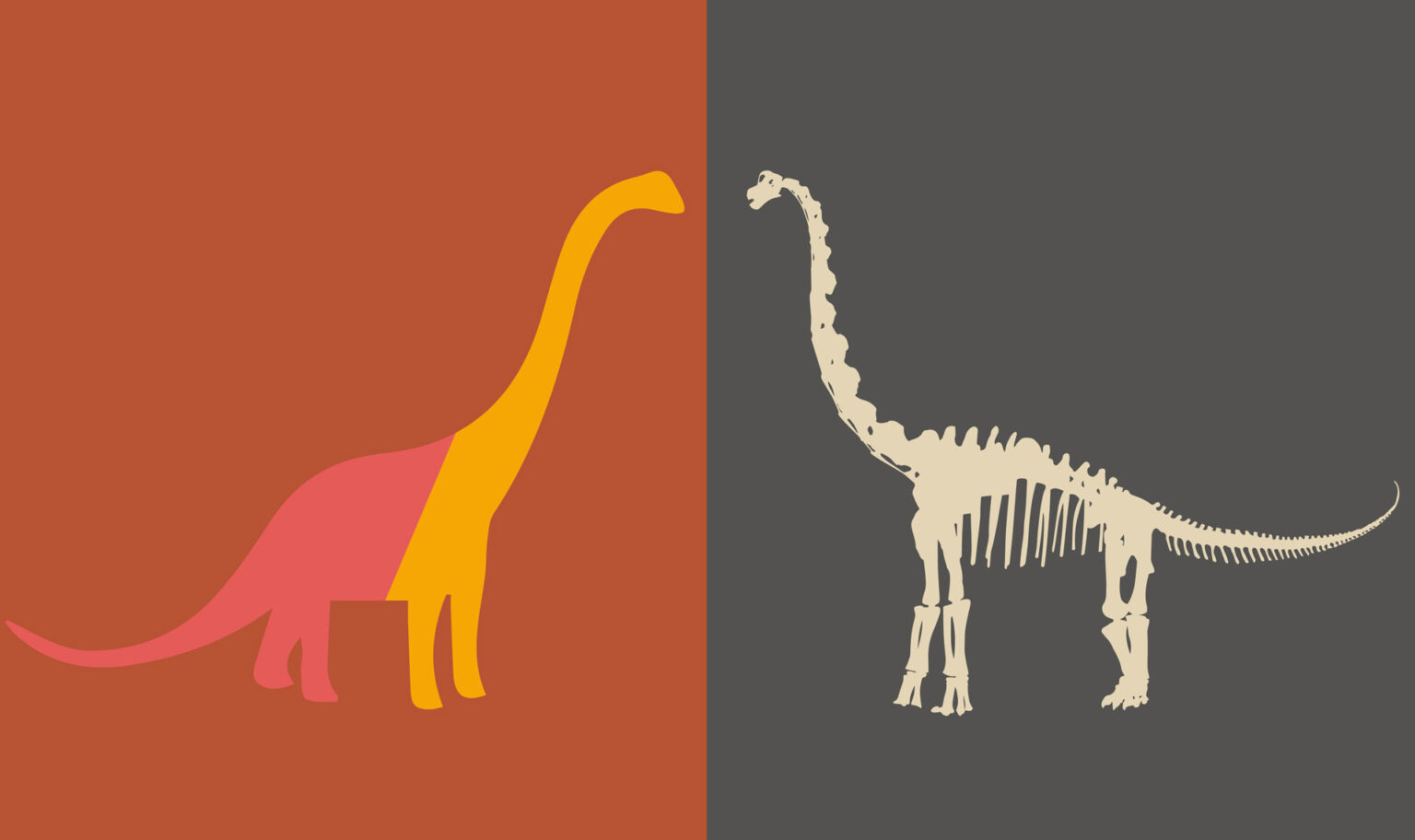A decade ago, virtually every CIO role focused on one thing: large scale ERP experience. CIOs marshalled small armies of people and large budgets, whilst being perceived by the business as a back office function whose sole purpose was systems optimisation.
Skip forward to today and the vast majority of CIO roles are a hybrid of classic and new; dealing with the challenges of a legacy environment and “digitising” the business. Words like AI, big data, robotics, blockchain and innovation are used with abandon and Cloud, open source and SaaS are in vogue. Teams have reduced in size but have a greater focus on retaining technology thought-leadership in-house. CIOs are currently both the caretakers of history and pioneers of the future.
PWC’s study: ‘The changing role of the CIO’
Significant contributory factors, as illustrated in PwC’s recent study of 100 CIOs, are geopolitical uncertainty, over-regulation of markets and uncertain economic growth. Organisations are finding themselves having to adapt continuously to new market demands and constraints and this, in turn, is changing the shape of a CIO’s role.
So what about the next five years? With an ever-increasing rate of change, a myriad of possibilities and technology evolving faster than businesses, what will a future CIO look like? Technology is unlikely to alter the CIO role itself. The pre-requisite skills of inspirational leadership, change management, stakeholder engagement, strategic vision and commercial acuity will not diminish in importance but a range of new capabilities will be required in order to survive and thrive.
To help answer these questions, I sat down with Alan French of Thomas Cook, Stéphane Chatal of Inchcape and Garry Fingland of Bupa to talk about where they see the CIO role going over the next 5 years.
1. Heart of the Exec:
The journey from basement to boardroom has been a long one but CIOs are still reporting into the CFO or COO and do not automatically have a seat at the top table. CIOs should merit sitting as a peer of the Executive, educating, guiding and steering strategy. As echoed in Mckinsey’s 2017 report, “Why CIOs should be business-strategy partners”, looking to the future, the CIO will be become woven into the very fabric of the business and have a stronger voice and influence over the future direction of a company.
2. Distillation of the Universe:
The art of the possible grows ever more exciting as new technologies are launched and exploited. CIOs will be the conduit through which the plethora of opportunities is funnelled and the right technologies chosen to deliver them. More time will be spent externally focused, connecting and integrating with the global technology community and bringing back new knowledge and insight, making strategic decisions that will have a significant impact on the future of the business. The CIO will effectively be an in-house futurist.
3. Conductor of an Ecosystem:
CIOs will need to be able to successfully build ecosystems, partnerships and relationships that enable mutual success and growth. Whether it is working with the digital giants, investing in start-ups or collaborating with competitors, companies will no longer do it alone. For example, a consortium of energy trading companies, including BP, Shell and ABN Amro is developing a blockchain-based digital platform; ten years ago this collaboration of competitors would have been unthinkable. CIOs will be the common connecting link between increasingly complicated multi-company ecosystems.
4. Entrepreneurial Spirit:
The distance between technology, product and brand will diminish. CIOs will need to understand how to grow a business line, increase revenues or develop a new product. They will be able to nurture start-up environments and gain capital investment alongside producing revenue models and drive marketing, be it internally or externally.
5. Technology is your Brand:
The CIO will be the guarantor of the company’s brand, with reputation and loyalty driven through successful customer experience via seamless multi-channels. Poor user experience due to inferior technology capability will increasingly impact on customer loyalty. The CIO will need to truly understand how and what will drive (or cost) client retention.
6. Disintermediation of the Market:
Consumers are increasingly demanding greater market transparency, with higher levels of customer awareness bringing new challenges to businesses. Stéphane Chatal at Inchcape (a multinational automotive retail and services company) is now leading the global change agenda to disrupt Inchcape’s business model and change the very way it operates. For example, customers can now purchase a car directly from manufacturers at a transparent price point, thus negating the need for dealerships and negotiations on cost.
CIOs will be at the crux of enabling companies to thrive in ever more competitive markets, utilising big data to uncover new customer, product, and operational insights in order to disintermediate existing customer relationships and disrupt current business models. Fail to act and the consequences will be frighteningly fast.
7. Disruption is Nigh:
It will fall to the CIO to grapple with what disruption might mean and how to avoid the fate of HMV, Kodak and Blockbuster. CIOs will need to contribute to the creation of disruptive new business models and influence at board level in order to shift strategy towards new ways of working and, most critically, the urgency required. The linear approach to success is dead (RIP Borders). Digital Darwinism is here to stay.
Until now, the evolution of the CIO has been slow but it is speeding up exponentially. In its 2017 report, “Stepping up: The CIO as digital leader”, Deloitte echoes many of the sentiments that were raised here. Our clients are desperate to leapfrog their competition, escape the predatory advances of the digital giants and outrun the start-ups that are snapping at their heels. It is through the effective application of future technology that they will thrive and grow. Our quest is to find the pioneers that can discover the route to their success.





